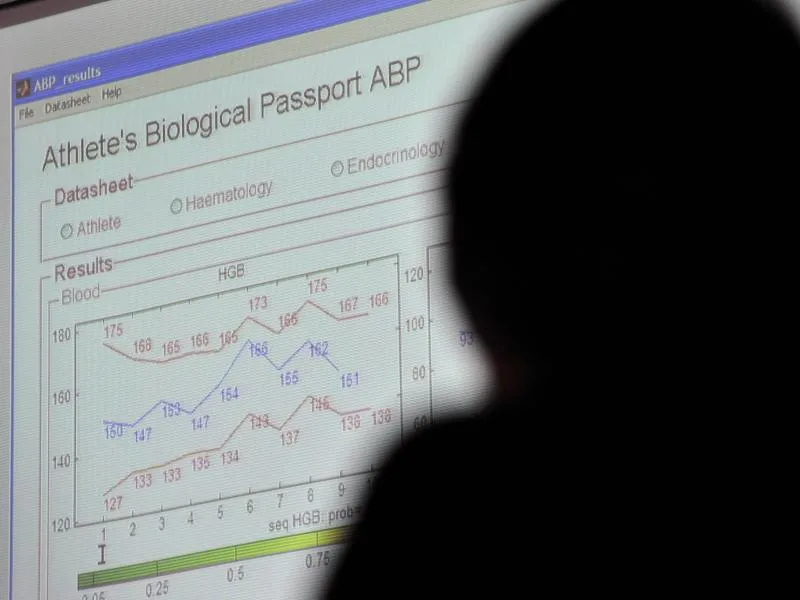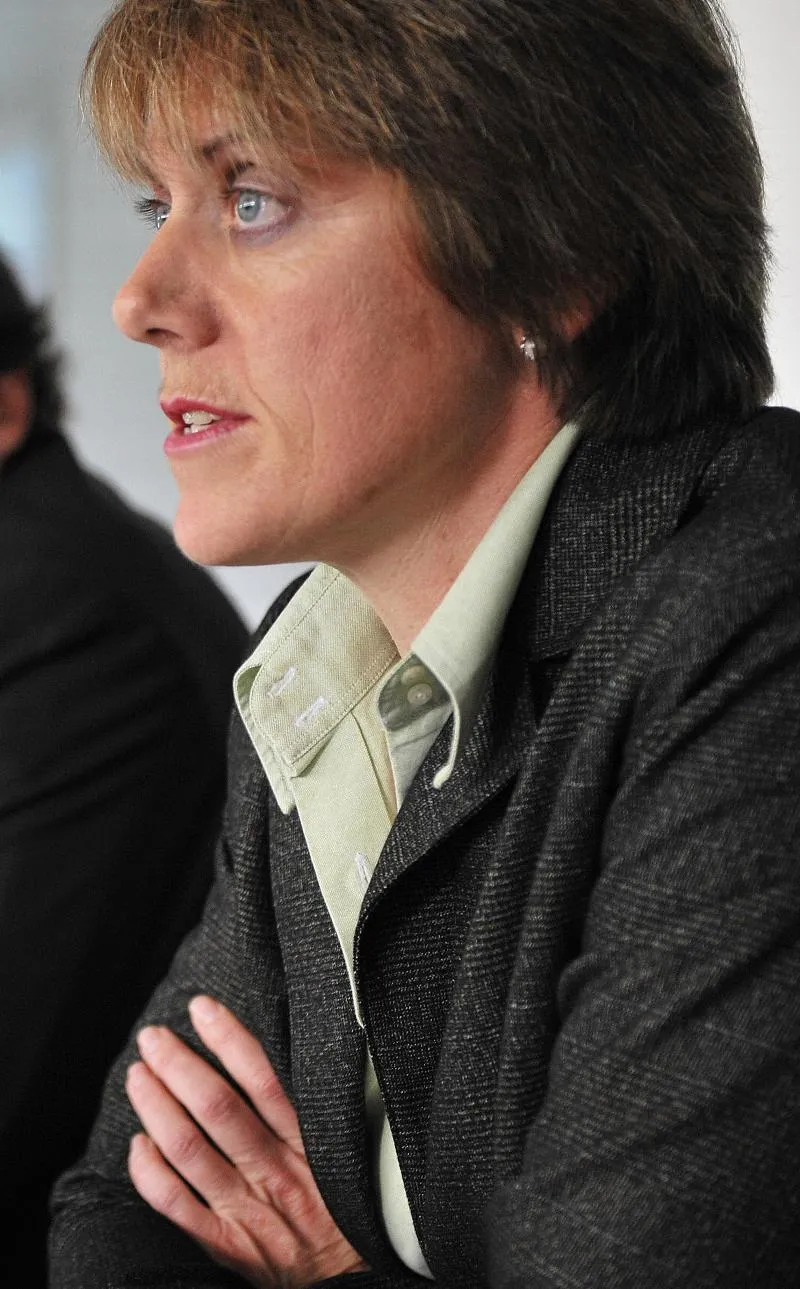The International Cycling Union is ready to declare war on doping after incorporating the new biological passport into its rules.
Staff have been drawing up racer profiles based on thousands of random blood and urine checks - 6,500 were collected by the end of September. Now the UCI is preparing to bring the first cases against riders.
The initial testing programme covers all 854 riders on Pro Tour teams or professional continental teams with wild card entries in 2009. The cyclists have had to provide information about their daily whereabouts so they can be subjected to unannounced tests.
Great care has been taken to ensure all samples are analysed in exactly the same way and that the results can be interpreted accurately using the Bayesian statistical model - the same method used by forensic scientists in criminal investigations.
This is the paradigm shift or groundbreaking change we have needed in anti-doping for probably the last 15 years
In an exclusive interview, Anne Gripper, head of the UCI's anti-doping commission, told Cyclingnews.com: "This is the paradigm shift or groundbreaking change we have needed in anti-doping for probably the last 15 years. We have invested lots of time and money because we feel it is the way of the future."
The racer profiles are now being reviewed by nine experts. If they come across anything suspicious, they can make a recommendation to the UCI to open a case against the rider in question.
Ms Gripper said: "These will be the first cases opened based on an indirect detection method - indirect in that we don't get a piece of paper from the lab saying they found EPO or steroids. It is actually using their profile and interpreting that to say 'yes, we are more than 99.9 percent confident that this rider is doping'."
She said the scheme had taken time to roll out because the authorities wanted to ensure any case brought as a result of the passports had a solid legal foundation. "The key message at this point is to be patient," she said. "I know it's a little bit frustrating that we've gotten to this point and haven't actually opened any cases, but it's a new, ground-breaking programme. We have to be really careful that when we open cases they stand up to the legal and scientific scrutiny they will definitely be subjected to."
For the full interview with Ms Gripper, see Cyclingnews.com.

